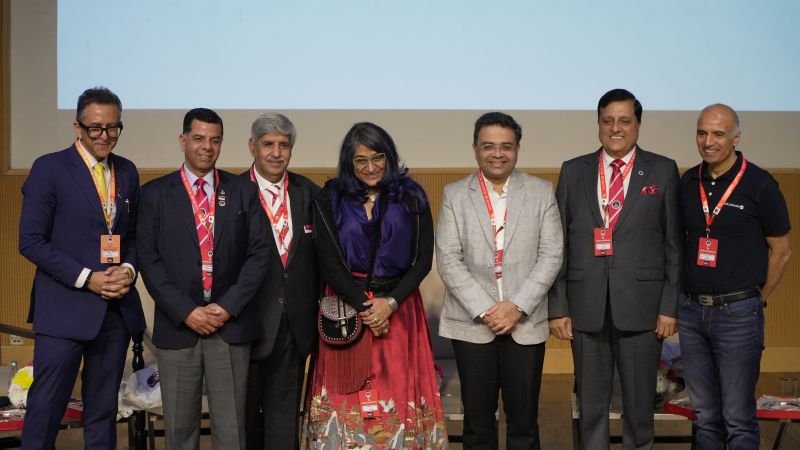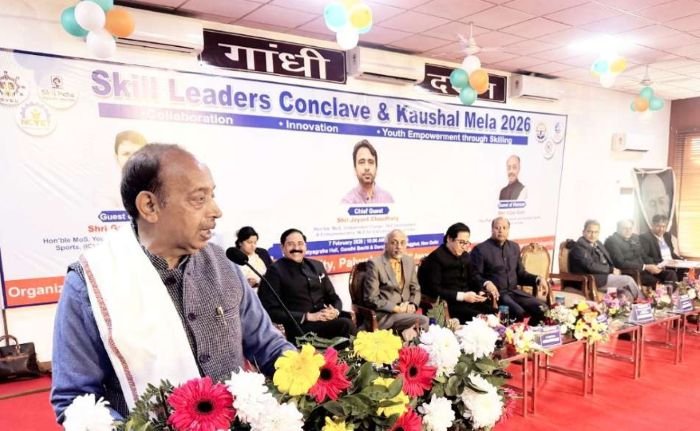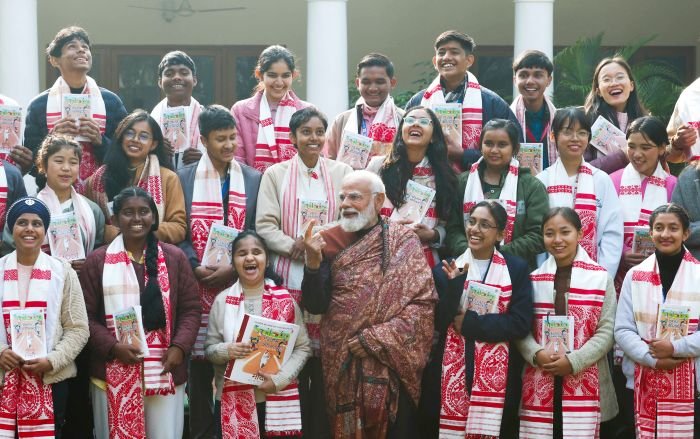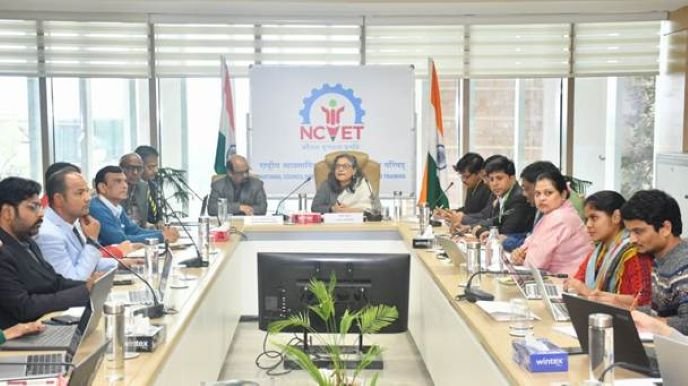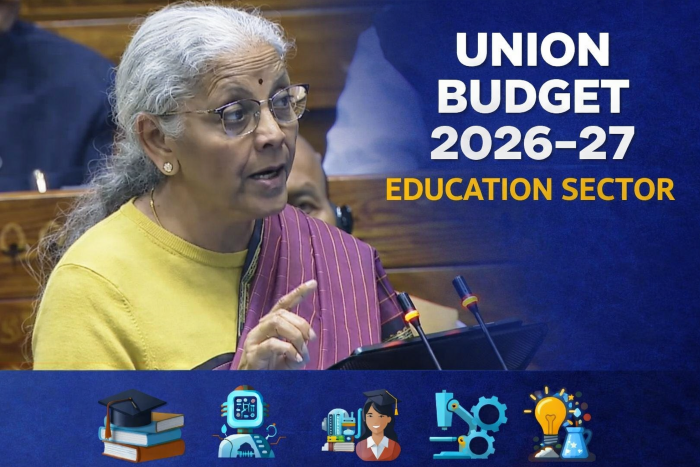
In a sweeping measure, the Jammu and Kashmir government has ordered the takeover of managing committees of 215 schools linked—directly or indirectly—to the banned Jamaat-e-Islami (JeI) and its educational arm, the Falah-e-Aam Trust (FAT). The action follows intelligence reports flagging these institutions due to expired committees or affiliations with JeI/FAT, which was declared an unlawful association under the Unlawful Activities (Prevention) Act (UAPA) in February 2019, renewed in February 2024.
Authorities affirmed that the schools—spread across all districts of the Kashmir division, including Anantnag, Bandipora, Baramulla, Budgam, Ganderbal, Kulgam, Kupwara, Pulwama, Shopian, and Srinagar—will continue operating under the supervision of nearby government school principals with no disruption to teaching or learning.
Education Minister Sakina Itoo disputed the order, stating it was altered without her knowledge. She emphasized her original proposal called for cluster principals—not district magistrates—to manage the schools temporarily, thus ensuring continuity and stability for students—more than 51,000 of them—while new managing committees were formed.
Officials reiterated that the decision aims to protect students’ academic trajectory, align these schools with NEP (National Education Policy) norms, and guard against administrative lapses. Under the order, district magistrates/deputy commissioners will propose fresh, verified managing committees—all while ensuring classes remain uninterrupted.
The order on expected lines has sparked a wave of sharp criticism from local political opposition parties targeting the NC government. However, the tussle over FAT schools isn’t new. Critics and authorities alleged that FAT schools played a “destructive role” in unrest during 2008, 2010, and 2016, claiming they contributed to shutdowns through intimidation and threat. Some sources have linked Jamaat-affiliated schools, including FAT, with extremist activities.
The Falah-e-Aam Trust—literally meaning Welfare for All—was registered on 31 July 1972 by Jamaat-e-Islami to oversee schools previously run by the party, as well as newly founded ones. It aimed to function as a non-political body promoting education and humanitarian services. Over time, many FAT schools transitioned into the hands of local village or mohalla committees, with the Trust retaining control over only a handful—in some estimates fewer than two dozen—in direct administration. Investigations by the State Investigation Agency (SIA) reportedly uncovered mass-scale encroachment of government and community land, fraud, and unauthorized activities at FAT schools. FAT’s leadership, however, strongly denied political affiliation or malicious intent, stating that most of its schools had long been de-affiliated and handed over to local bodies. They emphasized their non-political, educational mission and objected to bans as unjust and discriminatory.


